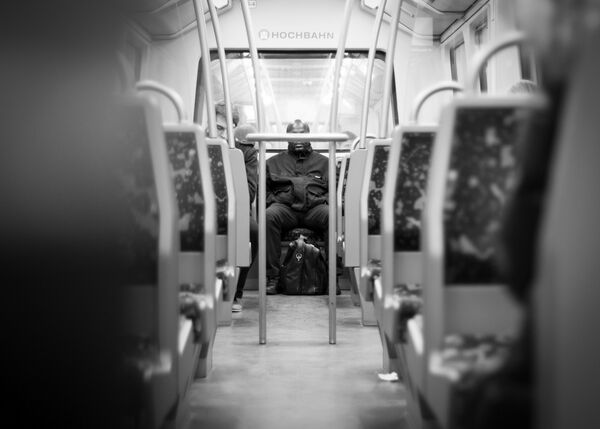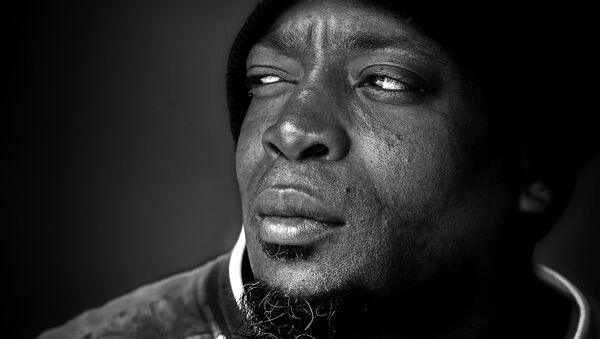The repeated denial that racial profiling does not exist in Germany by police authorities and the lack of an independent complaint mechanism at federal and state level fosters impunity, the panel concluded.
Established on 25 April 2002 by the then-Commission on Human Rights, following the World Conference Against Racism held in Durban in 2001, the Working Group of Experts on People of African Descent visited Berlin, Dessau, Dresden, Frankfurt, Wiesbaden, Dusseldorf, Cologne and Hamburg from 20 — 27 February to gain first-hand knowledge on discriminatory practices affecting people of African descent in Germany.
"There is a serious lack of ethnicity-based disaggregated data, and an incomplete understanding of history, which obscure the magnitude of structural and institutional racism people of African descent face," said Group leader Ricardo Sunga.
The UN group believes institutional racism and racist stereotyping by the German criminal justice system has led to a failure to effectively investigate and prosecute perpetrators of racist violence, racial profiling and hate crimes against citizens of African descent. Nonetheless, the delegation welcomed ongoing efforts by the German federal government to address racial discrimination faced by people of African descent.
Linda Bellos, OBE and equality law specialist, told Sputnik the Group's findings demonstrated the "value" of strengthening demographic monitoring capabilities in many fields — by attempting to be blind to race, German authorities have allowed racially driven crimes to go undetected and improperly punished.
"If you monitor the racial identities of people in employment, housing, education etcetera, you can counter the lies of racists — if someone claims a particular group are 'swamping' a particular housing estate or school, you can point to the true number and refute their allegations. There's a lot of value in maintaining data on these areas," Ms. Bellos said.
Dr. Kehinde Andrews, co-editor of Blackness in Britain, told Sputnik keeping tabs on Afrophobia is more difficult in Europe.
"Afrophobia is often seen in Britain, particularly in the police in respect of stop and search and arrest figures. It's also evident in France and across Europe, although it's more difficult to detect because they don't keep statistics around race — although the recent rape of a man of African descent by race, shows how bad it can be," Dr. Andrews said.
"It's very easy to say police and the criminal justice system are the problem, but they are an extension of society. There's a much bigger question of how we deal with migration, and what leads to racist attacks. There needs to be a deeper discussion about how we deal with race as a society. The West is based on some principles which are essentially racist. The foundation of Enlightenment was that the West was superior to the 'dark' countries people migrated from. This means we don't treat people from 'backwards, savage' countries the way we treat Westerners.

A full report on the Group's findings, with recommendations, will be presented to the UN Human Rights Council in September 2017.



